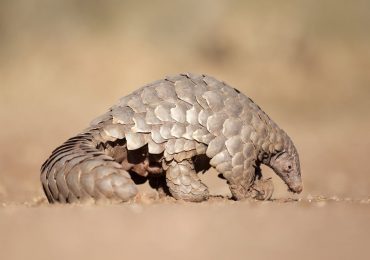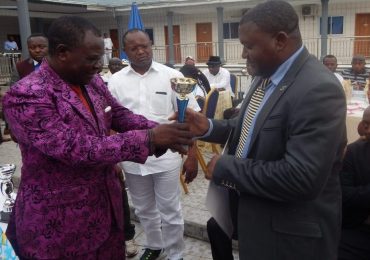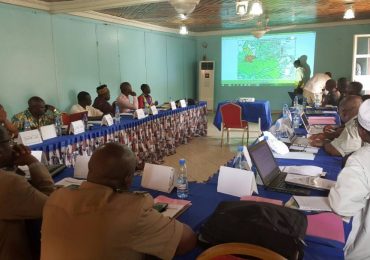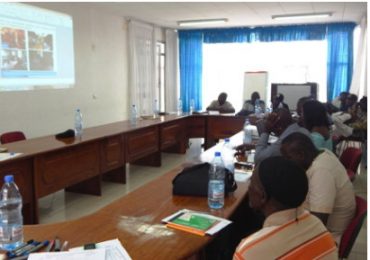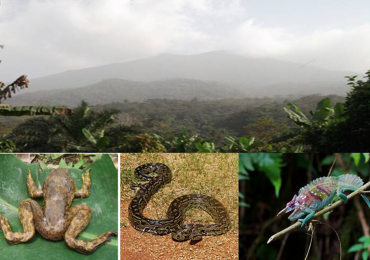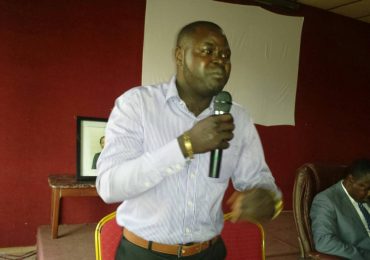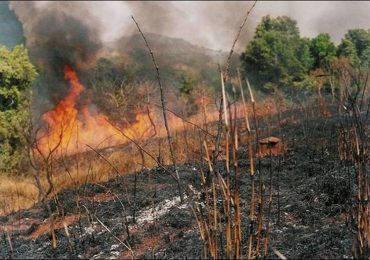In 2003, a devastating landslide killed over 20 persons in Magha-Bamumbu, Lebialem Division, South West Region. Significant property and income were also flushed away in the wake of the landslide.
By Kenmene Lea Alida
Eleven years after, the landslide victims and their memories lie buried under the rubbles of mud, rocks and debris. To remember the disaster victims, ERuDeF (Environment and Rural Development Foundation) has supported the raising of 12.000 seedlings of Prunus africana and croton macrostardryus.
The seedlings would be planted on eight hectares of land in the community forest of Magha-Bamumbu in 2015 to coincide with the 11th anniversary of the Magha landslide disaster.
Community members will have a chance to commemorate the anniversary of the landslide victims by planting trees in the same area where the disaster occurred.
The planting of trees in this area is part of ERuDeF’s long-term reforestation programme, which seeks to restore degraded landscapes and make the environment less fragile.
Planting trees in this area is, therefore, intended to repair the land and prevent landslides from recurring with such devastating consequences.
Supported by the French Embassy in Cameroon and the Lea Nature Foundation, the project in the long-term will equally satisfy the income and health needs of the people of Magha as they would be able to sell the Prunus africana.
The project also envisages the planting of 30.000 trees to reinforce the valorisation of the Echinops giganteus project, which is already ongoing in the same area.
Communal management of forests is a way of generating income from timber and non-timber forest products as forms of goods while regulating ecosystem services.
Downstream settlements also benefit from watershed conservation, carbon sequestration and aesthetic values in forms of services.
Community forestry is considered one of the most promising options of combining forest conservation with rural development, community empowerment and poverty reduction objectives; this is why ERuDeF decided to develop a community forest to solve the problem of deforestation as well as landscape degradation in the Mt. Bamboutos area.



